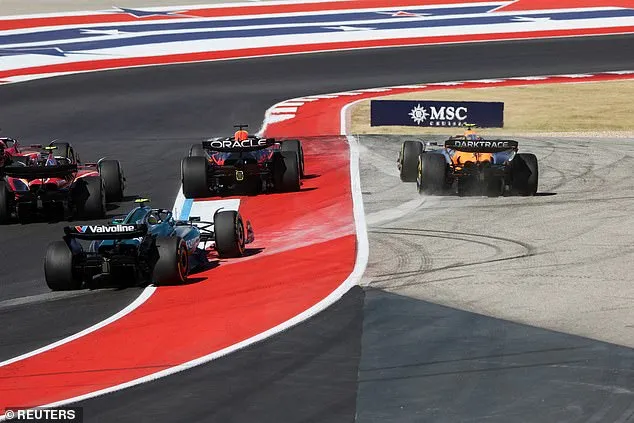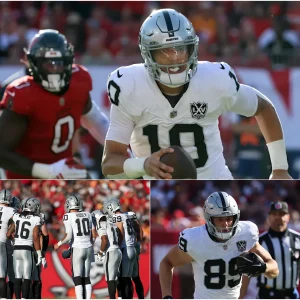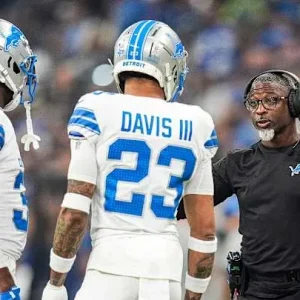McLaren’s appeal against Lando Norris’s demotion at last weekend’s US Grand Prix has been rejected by the FIA stewards.

The British team launched a right of review action on Thursday and a meeting was convened for Friday to determine if they had significant new evidence.
Without that the decision to impose a five-second penalty on Norris for overtaking Max Verstappen off the circuit would stand. And that is how the matter was settled.
The upshot is that Verstappen’s third place stands, as does Norris’s fourth. Verstappen’s lead, therefore, remains at 57 points going into Sunday’s Mexican Grand Prix.
The stewards’ adjudication rejected McLaren’s claim that Verstappen was the overtaking car, having been passed by Norris in the braking zone (though not the apex).

The stewards said: ‘In relation to relevance, McLaren appears to submit that the Stewards finding that “Car 4 had overtaken Car 1 before the apex (and therefore that Car 1 was the overtaking car) and that this asserted error is itself, a new element.
‘This is unsustainable. A petition for review is made in order to correct an error (of fact or law) in a decision. Any new element must demonstrate that error. The error that must be shown to exist, cannot itself be the element referred to in Article 14.

‘In this case, the concept that the written Decision was the significant and relevant new element, or that an error in the decision was a new element, is not sustainable and is, therefore rejected.’
McLaren responded with a statement of their own: ‘We acknowledge the stewards’ decision to reject our petition requesting a right of review.
‘We disagree with the interpretation that an FIA document, which makes a competitor aware of an objective, measurable and provable error in the decision made by the stewards, cannot be an admissible ‘element’ which meets all four criteria set by the ISC, as specified in Article 14.3.

‘We would like to thank the FIA and the stewards for having considered this case in a timely manner.
‘We will continue to work closely with the FIA to further understand how teams can constructively challenge decisions that lead to an incorrect classification of the race.’





